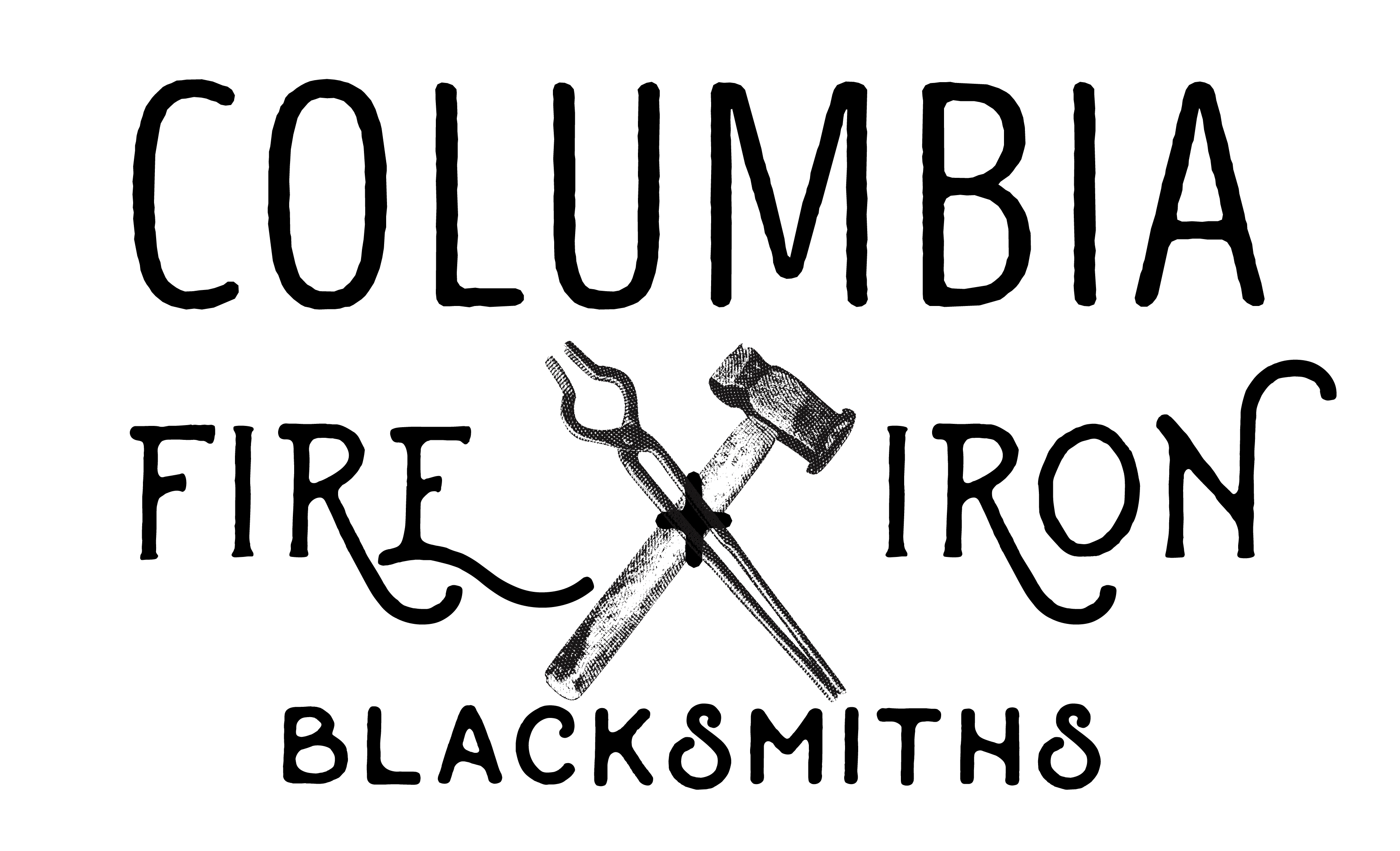What To Expect At Your First Hammer-In
Here are some tips to help you have a great time and stay safe. Our volunteer instructors will be there to help and offer guidance on tool techniques and project instructions. But also remember that everyone is different and there is always more than one way to do things, so aside from the important safety measures don’t be afraid to experiment and even *gasp* make mistakes as you figure out ways that work best for you. Please read through the lists below so you can come out ready to forge.
REQUIRED
- Natural fiber clothing (cotton, leather, linen, wool, etc.)
- Closed toe shoes
- Safety glasses (will be provided if you don’t have any)
- Signing our liability waiver at check in
- Listening to and following safety instructions
RECOMMENDED
- Gloves – Or rather, a glove. If you have a leather glove for your non-dominant hand (the one that will be holding tongs, not a hammer), I highly recommend wearing one, as it provides some cushion for your hand while it holds onto what is being hammered. I don’t recommend wearing a glove on your hammering hand, but if you start to develop a blister we have tape and band aids, and it may be a sign that you should loosen up your grip a bit.
- Bandana – I always keep a bandana in my pocket when I forge. Our hands get gritty with scale and coke dust, so I use my bandana to clean my safety glasses or wipe sweat off my face. If it’s hot out, I can dunk it in the quench bucket and wrap it around my neck.
- Leather Apron – Not required, but nice to have to protect your clothes and vital organs (4 out of 5 anyway).
- Ear protection – We have ear plugs available upon request.
- Water & Food – Please stay hydrated while forging and bring food to eat when you’re hungry. You’ll be able to work at your own pace, so takes breaks as you need them.
(More safety instructions here.)
Our forging events typically host 4 students and 1 instructor per forge, and 2 students per anvil, so if you are coming to the hammer-in with a buddy or buddies, keep that in mind. Only 1 person can use the anvil at a time, and you’ll soon find a rhythm where one of you is heating their steel while the other is hammering, and then you switch. You’ll be sharing hammers and tongs as well, so be prepared to take turns and communicate as needed. Blacksmithing is a fairly slow process, especially when you are first starting out, because you only get a short amount of time to hammer the steel while it is hot enough to really move the material, then it has to go back into the forge. It is helpful to make sure you have the tools ready that you need, that the anvil is clear, and that you know what you’re doing next BEFORE you remove your steel from the forge, so you can make the most of your heat. It is also important to keep an eye on your steel while it is in the forge, at least if you’re at a coke forge, to make sure it’s not burning up. If it is turning a bright yellow or beginning to spark, pull it out quick and keep it shallower in the coke until the anvil is cleared for you to hammer. If you are at a propane forge (we will have both running at the hammer-in), you don’t have to worry about your piece burning up.
Everyone starts with making a nail, as that gives you the opportunity to learn the basics of hammer control as you forge a point and draw out the taper of your nail. You will also get to practice cutting and using a nail header tool, and learn the uses for a few different parts of the anvil. After you have made a nail or three, when you feel ready you can move onto a beginner project. Some favorite projects include twisted S hooks, J hooks with a punched hole, leaves, bracelets, cloak pins, steak turners, and other small items. If there is something specific you’d really like to make, we will do our best to help you, and I would encourage you to bring a sketch or a photo on your phone. If your want to make something that will require a lot of steel, you may be asked to cover the cost of the extra material, or you can bring your own.
Columbia Fire & Iron is a completely volunteer run nonprofit, and we are all there because we love blacksmithing and sharing the experience of forging with others. If you really enjoy yourself and want to do more blacksmithing, we will be happy to help you get more involved in the club and offer any advice on how to set up your own smithy when you’re ready. In addition to our spring and fall hammer-ins, we have a 10-day demo at the Spokane County Interstate Fair where club members come out and forge together and have a great time, as well as our Winter Blacksmithing Conference in December where you can meet other smiths, talk shop, and learn more about the great art of blacksmithing. We hope that CFI can support you in your blacksmithing journey, however long that may be. Thank you for coming out and forging with us!
-Mallory


